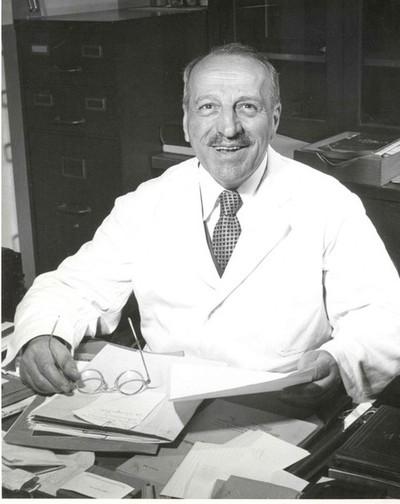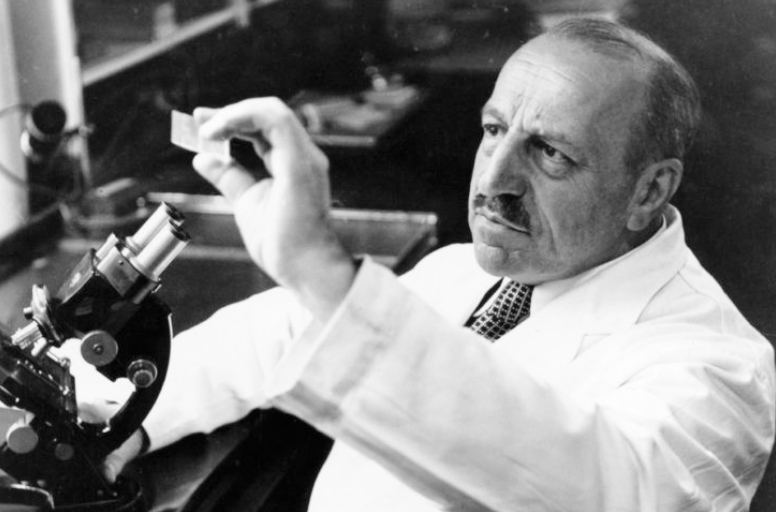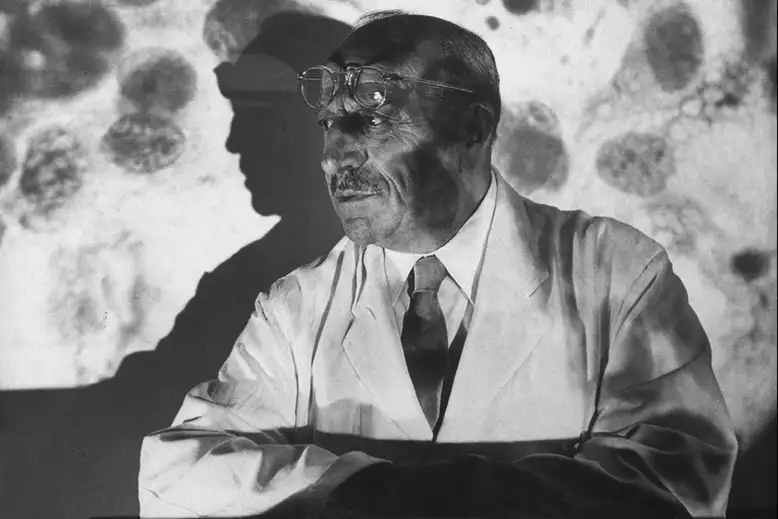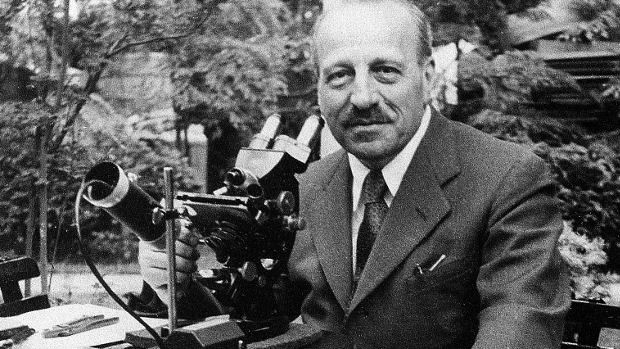Georgios Papanicolaou is remembered as the Greek inventor of the ‘Pap Smear’ test. The Greek Herald looks back at his life.
Early life and education:
Georgios Papanikolaou was born May 13, 1883 in Kymi, Evia – a town on the Greek island of Euboea.
He was the son of the doctor and politician Nikolaos Papanicolaou, who served as mayor of Kymi and member of parliament of Evia.
He spent his childhood years on the island and after finishing primary education, his parents sent him to Athens to complete encyclical studies.
In 1898, at the age of 15, Papanicolaou attended the University of Athens Medical School. He graduated in 1904 with honours.
The young academic went on to study philosophy and learnt music, poetry and the French and German languages.
In 1907, he wrote a thesis, “On the conditions of the differentiation of the sex of Daphnids” for the Doctor of Natural Sciences at the University of Munich.

Work:
Papanikolaou’s thesis findings were used by the then-famous geneticist T. Morgan who helped him get a job in the pathological anatomy laboratory of a New York Hospital in 1913.
After immigrating to America with his wife, Maria-Andromachi Mavrogenous, he worked in the anatomical laboratory of the renowned Cornell University and devoted himself to his research work.
In 1917, Papanicolaou studied the vaginal smear of lower mammals and related its morphology to the hormonal cycle and corresponding changes in the uterus and ovaries of animals. Following laboratory studies, his research was later extended to women at the Women’s Hospital in New York.
By 1928, he made his first announcement titled, A New Diagnosis of Cancer, which was initially met with disbelief by the US medical world.
However, the Greek doctor and researcher was extremely confident that it would eventually become the worldwide method of early diagnosis of cervical cancer.

Accolades:
Papanikolaou was nominated twice for a Nobel Prize but never won. However, he was awarded several American medical awards and posthumously the UN Award.
In 1932, he became the first honorary member of the Academy of Athens and in 1949, the Medical School of the University of Athens named him an honorary doctorate.
The Miami Cancer Institute renamed themselves to ‘Georgios Papanikolaou’ Cancer Institute after his death.

Death:
Georgios Papanicolaou died on February 19, 1962 of a fatal heart attack. It happened three months after he settled in Miami to take over the Cancer Institute.
Source: San Simera

